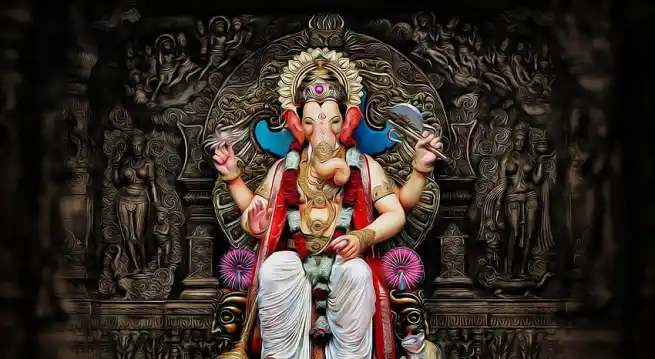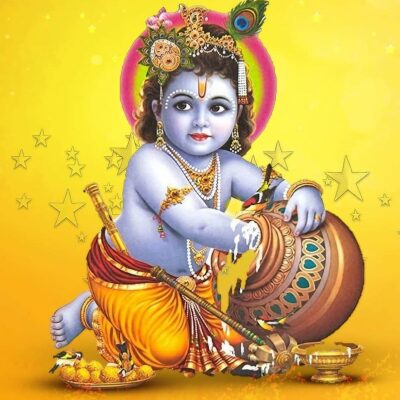Peravurani Marungapallam Maruntheeswarar Temple, Thanjavur

Address
Peravurani Marungapallam Maruntheeswarar Temple, Thanjavur
Marungapallam, Peravurani,
Thanjavur District,
Tamil Nadu 614802
Moolavar
Oushathapureeswarar (Maruntheeswarar)
Amman
Periyanayaki
Introduction
- Marungapallam is a village located about 8 kilometers from Peravurani and is in close proximity to Vilankulam.
- The temple here is dedicated to Shri Periyanayaki Sametha Shri Oushathapureeswarar, also known as Maruntheeswarar.
- The Sanskrit word Oushadham means medicine, which signifies the healing power of the Lord, who is believed to cure all diseases of His devotees.
- The temple’s tank is called Dhanvantri Theertham, named after Dhanvantri, an avatar of Shri Vishnu associated with health and healing.
- The Sthala Vruksham (sacred tree) of the temple is Padiri.
Puranic Significance:
- The temple is an ancient one, believed to have been built during the reign of the Chola kings, and is thought to have existed since at least the 10th century AD.
- King Serfoji II of the Thanjavur Maratha Dynasty suffered from Leukoderma (Ven Kushtam) and, following the advice of his Guru, he prayed at this temple and was cured. Grateful for his healing, the king undertook extensive renovations of the temple.
- Records of these grants by the king are preserved in the Saraswathi Mahal Library in Thanjavur.
- Apart from the primary shrines of Maruntheeswarar and Periyanayaki, this temple is also renowned for the shrine dedicated to Saneeswaran (similar to the Vilankulam temple).
- The prescribed method of worship for relief from diseases involves bathing in the Dhanvantri Theertham and performing poojas for the Lord, Ambal, and Sani.
- The name of the place, Marungapallam, is derived from Maruntheeswarar and has evolved from the earlier name Marunthupallam.
Local Legends:
- According to local folklore, there was a goldsmith named Yamashista who had accumulated a large amount of gold. He attempted to purify it, but the waste created during the process, mainly consisting of iron, was discarded and became a huge mass.
- Suspicious of his actions, the local people informed the king, who ordered the confiscation of the gold. In response, Yamashista hid the gold in a secret place and, as part of his ritualistic practices, sacrificed his daughter and committed suicide.
- Before his death, Yamashista created a Tamil puzzle, which led the local people to realize that the discarded iron waste had medicinal properties, especially for curing anaemia (iron deficiency).
- From that time, the place became associated with medical relief and healing.
Special Features:
- The temple faces east and features a Raja Gopuram at its entrance.
- Beyond the Raja Gopuram, visitors will find the Pillayar Mandapam and Nandi Mandapam.
- The next structure, the Vasanthamandapam, leads to the shrine of the great goddess.
- Following the Vasanthamandapam, there is the Kamamandapa and Arthamandapa, with Dwarapalakas (temple guardians) seated at the entrance of the Arthamandapa.
- To the right of the entrance is a shrine to Vinayaka (Ganesha).
- In the sanctum sanctorum, the Marundeeswarar Lingam grants blessings.
- The Devakottam (outer shrine) houses the idols of Dakshinamurthy, Mahaganapati, Lingotpavar, Brahma, and Durgai.
- Murugan, with Valli and Deivanai, are enshrined in the western part of the temple.
- The eastern side contains shrines dedicated to Saturn (Sani), Bhairava, and Lakshminarayan.






Century/Period
10th century AD
Nearest Bus Station
Marungapallam
Nearest Railway Station
Peravurani
Nearest Airport
Trichy






